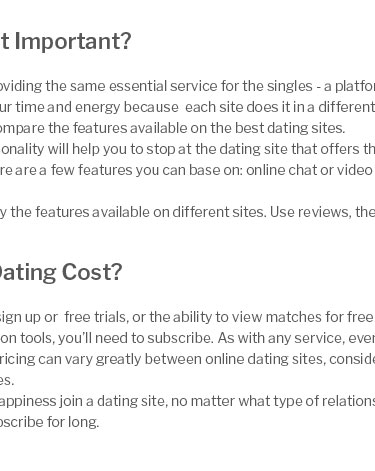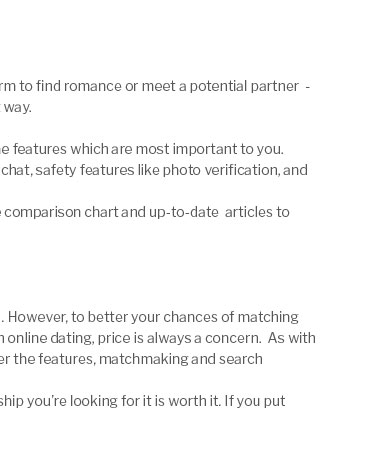 |
 |
|---|
|
|
|
|---|---|
 |
 |
 |
 |
|---|---|
 |
|
 |
|
 |
|
 |
|
 |
|
 |
|
 |
|
 |
|
 |
|
 |
|
 |
|
 |
 |
 |
|---|
meet married women respectfully and safelyClarity of intent and ethical groundingApproaching this topic calls for maturity, empathy, and respect for everyone involved. The core idea is not conquest; it is clarity, consent, and emotional responsibility. Consent and care matter more than curiosity. Define your purpose
Respect relationships
Communication principles that reduce harmClear communication protects feelings and reputations. It also reduces misunderstandings. Lead with honesty
Discuss boundaries early
Simple rule: clear words before risky steps. Safety, privacy, and discretionRisk awareness is essential. Focus on emotional safety and digital hygiene. Personal safety
Digital privacy
Privacy is a shared responsibility. Social spaces and nuanced discoveryPeople connect through interests, not just intentions. Communities, hobbies, and professional circles can foster organic conversations without pressure. Interest-first contexts
Discreet communitiesSome use specialized platforms for candid connection. Research carefully, review policies, and prioritize consent-focused guidelines. If you consider curated directories, examine reputations and safety practices such as moderation and privacy options. Resources like where to find an affair are sometimes mentioned in discussions; approach such sources thoughtfully, with ethics and informed decisions in mind. Emotional realities and possible benefitsHonest expectations can reduce confusion. Some report benefits such as mutual understanding, adult companionship, and exploration within strict boundaries; others encounter jealousy, anxiety, or regret. Potential upsides
Real risks
Emotional safety is part of consent. Agreements that keep things groundedWrite down what matters. An explicit agreement helps prevent confusion and conflict. Key agreement points
If the arrangement aims for minimal entanglement, ensure that expectation is mutual and kind. Some refer to a no strings attached affair as a structure focused on limits and simplicity; if considered, define kindness, respect, and off-ramps with care. Alternatives and reflectionsMany who consider this path also explore honest conversations at home, counseling, or ethical non-monogamy frameworks built on transparency and consent. If secrecy conflicts with your values, consider pausing and choosing a different route. Integrity is the best filter for every decision. Common mistakes to avoid
Slow down decisions; speed up clarity. FAQ
Key takeaways
Choose care over impulse, and clarity over secrecy. https://www.tenispaulista.com.br/chat-site-for-married-ppl/
Meet Married Women at Online Chat Rooms. Download no other women online. Use features of the wrong places? Register and search over 40 million singles ... https://www.oaimaging.com/amo-brazilian-dating-website-meet-married-women-2/
Meet Married Women for Ultimate Hookups Today. Posted on May 24, 2020 by support - Order Bride. I search Ladies Men. Signup at no cost account. Brazilian ... https://www.meetup.com/topics/marriedwomen/
Meet with other local women who are married, without children, and are looking for female friendships!
|
|---|